Tonsillitis is a common condition that causes swelling and inflammation of the tonsils, making eating and drinking difficult. We suggest a diet for people with tonsillitis to help alleviate the pain and aid recovery.
1 What is Tonsillitis?
The tonsils are lymphoid tissues (lymph nodes) located on either side of the throat. They are part of the body’s immune system, helping to fight infections and preventing bacteria and viruses from entering the body.
 Tonsils are lymphoid tissues located on both sides of the throat
Tonsils are lymphoid tissues located on both sides of the throat
However, when bacteria or viruses attack the nose and throat, the tonsils can become overwhelmed, leading to swelling, redness, and other symptoms such as sore throat, itching, fever, and chills. This inflammation can make swallowing difficult and painful, hence the need for a special diet to aid recovery.
2 What to Eat When You Have Tonsillitis?
When suffering from tonsillitis, it is important to consume soft and easy-to-swallow foods to prevent further irritation and aid in a speedy recovery. Here are some recommended food options:
Protein-rich Foods
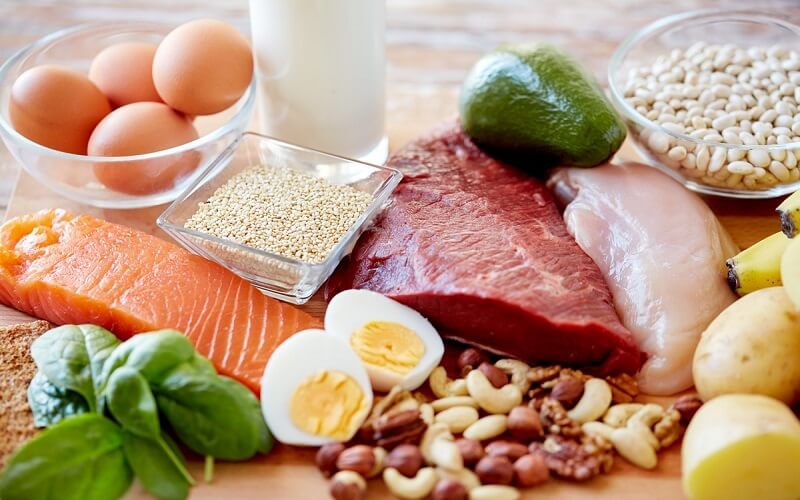 Protein-rich foods help speed up the recovery process
Protein-rich foods help speed up the recovery process
According to Vinmec International General Hospital, protein-rich foods such as …, …, and … are essential for providing the body with the necessary amino acids to support the healing process. However, depending on the severity of your condition, you may need to mash or puree these foods to make them softer and easier to swallow.
Green Vegetables
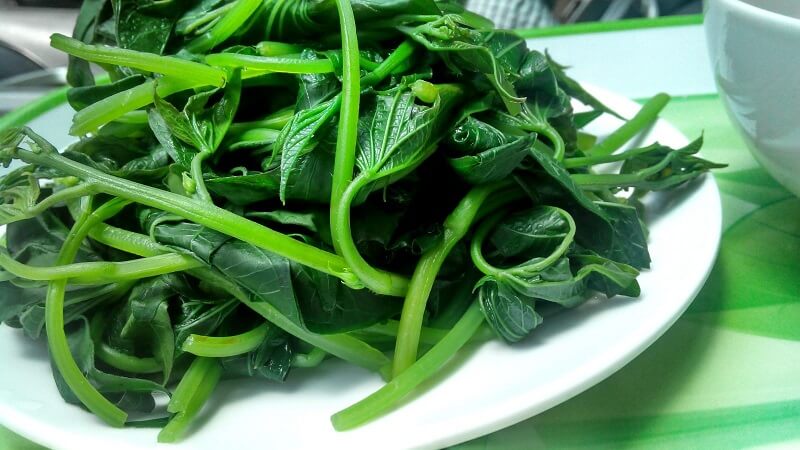 Green vegetables are rich in fiber and minerals, aiding in overall recovery
Green vegetables are rich in fiber and minerals, aiding in overall recovery
Green vegetables are an excellent source of fiber and minerals, which are crucial for a speedy recovery. They also contain anti-inflammatory properties and are naturally soft and easy to swallow. For example, steamed or boiled spinach can help soothe a sore and itchy throat.
Fruits
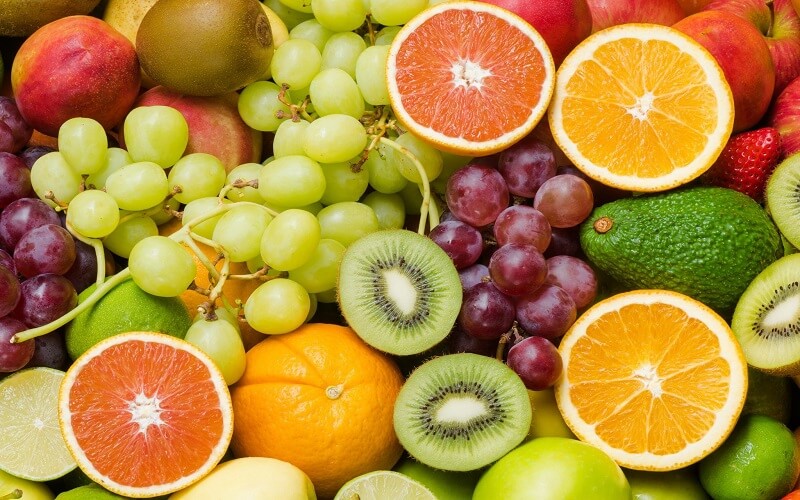 Fruits are packed with vitamins and minerals, boosting immunity
Fruits are packed with vitamins and minerals, boosting immunity
Fruits are rich in vitamins and minerals, especially citrus fruits, berries, and melons, which are high in vitamin C. They are also easy to swallow, making them a safe bet when dealing with tonsillitis.
Anti-inflammatory Foods
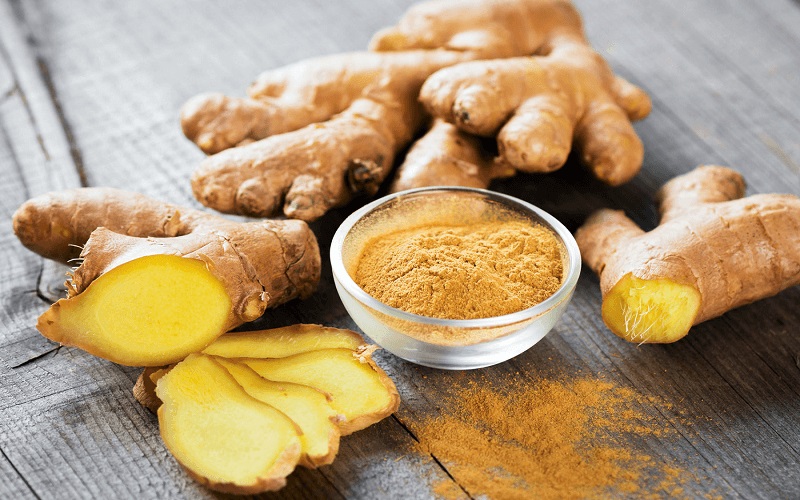 Anti-inflammatory foods help reduce swelling and speed up recovery
Anti-inflammatory foods help reduce swelling and speed up recovery
Incorporating anti-inflammatory and antibacterial foods such as …, …, …, and … into your diet is essential when battling tonsillitis. These foods possess strong anti-inflammatory and antibacterial properties, aiding in reducing swelling and speeding up the healing process.
3 What to Avoid When You Have Tonsillitis?
In addition to the recommended foods, there are certain foods that should be avoided to prevent the condition from worsening and prolonging the healing process. These include:
Hard-to-Swallow Foods
 Avoid hard-to-swallow foods that can irritate the inflamed throat
Avoid hard-to-swallow foods that can irritate the inflamed throat
Steer clear of hard and crunchy foods like brown rice, bread, and similar items. These can further irritate the inflamed throat and make swallowing more painful.
Fried and Oily Foods
 Fried and oily foods can aggravate tonsillitis
Fried and oily foods can aggravate tonsillitis
Fried and oily foods are best avoided as they contain harmful fats and can increase internal heat, providing an ideal environment for bacteria to thrive. This can prolong the illness and worsen the swelling and pain. Opt for boiled, steamed, or stewed foods instead, which are easier to swallow and digest.
Spicy Foods
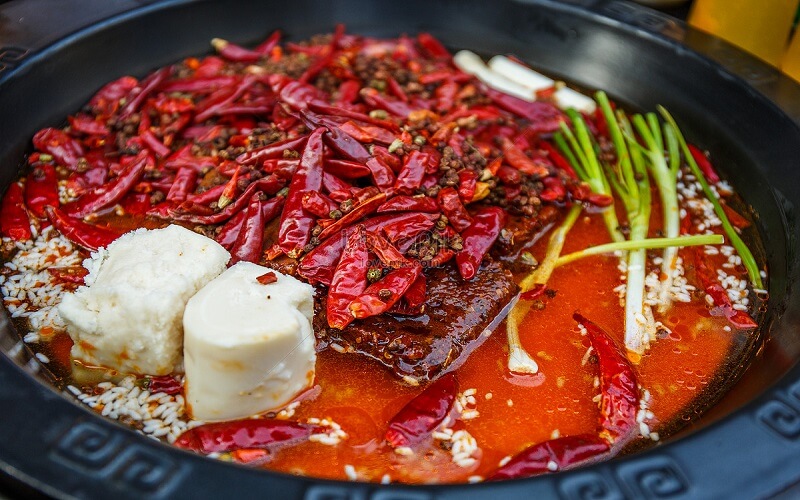 Spicy foods can irritate the throat and exacerbate tonsillitis
Spicy foods can irritate the throat and exacerbate tonsillitis
Spicy foods containing chili, pepper, and other spicy ingredients should be avoided as they can irritate the throat and exacerbate tonsillitis. They may even lead to further complications.
Cold Foods and Drinks
 Cold foods and drinks can prolong throat inflammation
Cold foods and drinks can prolong throat inflammation
Refrain from consuming ice, ice cream, and other cold foods and beverages during this time. These can prolong throat inflammation and provide a conducive environment for bacterial growth, making the condition last longer.
4 Additional Tips to Reduce Swelling and Pain
In addition to dietary adjustments, people with tonsillitis should follow these guidelines to facilitate healing and speed up recovery:
Guidelines for Tonsillitis:
- Rest adequately and stay hydrated by drinking plenty of fluids.
- Opt for soft foods if swallowing is painful.
- Use a humidifier in your bedroom to keep the air moist.
- Gargle with warm salt water several times a day to soothe the throat.
- Maintain a healthy lifestyle, including a balanced diet rich in vitamins, fruits, vegetables, and minerals, to boost your immune system.
- Engage in regular physical exercise to stay healthy and strengthen your immune system.
 Staying hydrated is crucial for people with tonsillitis
Staying hydrated is crucial for people with tonsillitis
Additional Notes:
- Refrain from smoking and consuming alcohol, as these can irritate the throat.
- Maintain a clean living space and eliminate pollutants to reduce irritation.
- Avoid shouting or speaking loudly to prevent further throat damage.
- Keep your throat warm during weather changes.
The above information provides insights into tonsillitis and suggests a suitable diet to aid in recovery. We hope this helps you understand the condition better and enables you to make informed choices to facilitate healing.
Source: Vinmec International General Hospital






























